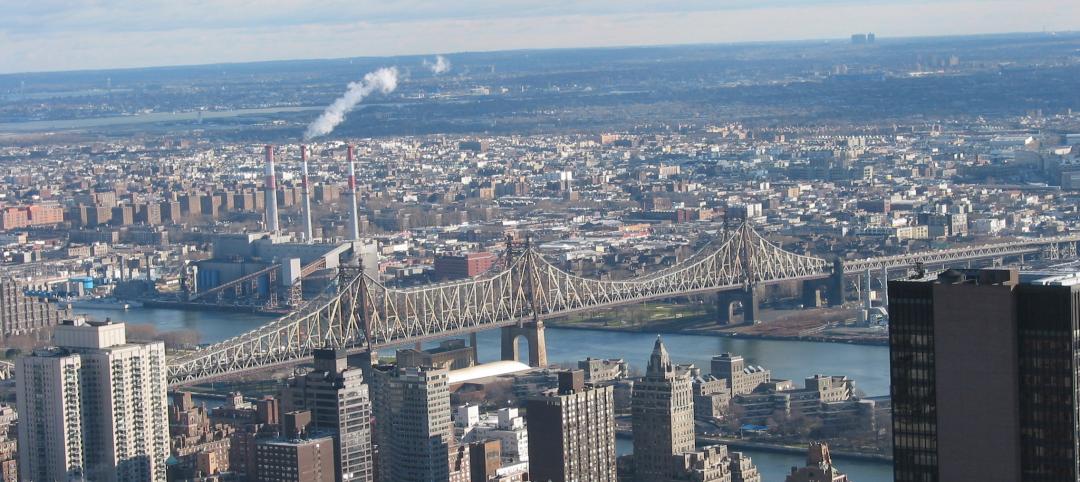The U.S. Department of Labor and MDG Design & Construction LLC have reached a settlement over wage violations atthe federally-assisted 26-story Grand Street Guild rehab project in New York City’s Lower East Side. MDG and other firms involved will pay $3.8 million in back wages and fringe benefits to about 200 of MDG’s subcontractors’ construction workers.
Previous investigations led to the repayment of more than $1.1 million in back wages to 300 laborers and mechanics who worked for MDG’s subcontractors.The contractors have also agreed to expansive compliance measures to prevent future violations.
The labor department’s Wage and Hour Division found numerous Davis-Bacon and Related Acts violations by MDG subcontractors, including failure to pay required prevailing wages and submitting inaccurate or falsified payroll records to the government. As part of the settlement, MDG will retain an independent monitor for three years with responsibilities for conducting regular reviews of the company and its subcontractors to confirm compliance with applicable wage and hour laws on all prevailing wage and federally-assisted projects.
In addition to MDG, the settlement agreement includes Charis Consulting LLC, Kona Contracting LLC, as well as Michael Rooney and Nicola DeAcetis — owners of all three companies — and Neys Escobar, an owner of Kona. All of the companies are based in Huntington Station, N. Y.
Related Stories
Codes and Standards | Dec 2, 2019
New tool allows users to learn how to reduce embodied carbon
Calculator delivers first digitized EPDs.
Codes and Standards | Dec 2, 2019
Trade group challenges St. Petersburg, Fla., ordinance on construction contract mandates
Legality of requirement to hire apprentices, disadvantaged workers at issue.
Building Owners | Dec 2, 2019
What building owners and AEC teams need to know about New York’s Climate Mobilization Act
On April 18, 2019, the New York City Council passed the Climate Mobilization Act, a suite of laws aimed to meet the city’s commitment to achieving carbon neutrality by 2050.
Codes and Standards | Nov 26, 2019
Updated ASHRAE standards focused on ventilation design, air quality in residential applications
Standard 62.1 and 62.2 updates provide new tables of ventilation rates per unit area.
Codes and Standards | Nov 25, 2019
Real estate professionals say coworking is not a flash in the pan
More than 60% say coworking space is in their portfolios.
Codes and Standards | Nov 22, 2019
Utility’s proposal threatens California’s rooftop solar mandate
Would allow customers to use solar farms instead of installing their own PVs.
Codes and Standards | Nov 21, 2019
Number of LEED commercial building projects surpasses 100,000
More than 2.6 million sf of space being certified each day.
Codes and Standards | Nov 19, 2019
Most U.S. voters support licensing standards for architects
NCARB survey shows strong support for architecture as a licensed profession.
Codes and Standards | Nov 18, 2019
Cambridge, Mass., teams up with utility on energy retrofit program
Buildings large than 25,000 sf targeted in initiative to further carbon neutrality goal.
Codes and Standards | Nov 14, 2019
Resistance to Toronto’s ‘smart city’ reveals pitfalls of such ambitious projects
Concerns over data privacy, governance, feasibility prompt criticism.

















